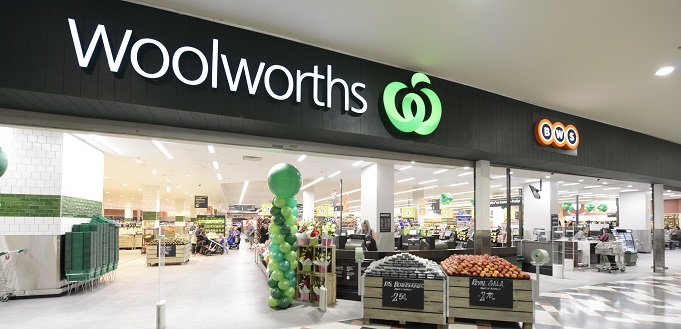
Woolworths yesterday issued an urgent scam alert over a branded coupon offering Facebook users $100 off their next transaction.
The post is heavily branded with convincing features such as disclaimers and a barcode. Users are asked to activate the coupon by sharing the link with their family and friends.
Woolworths has reported the scam to the Australian Competition and Consumer Commission (ACCC) and Scamwatch, and asks shoppers to be vigilant with guarding their personal and financial details.
“Scams are often specially designed to look genuine, and often copy features from legitimate communications such as our logo and branding,” the supermarket giant said in a statement.
“Woolworths will never email, message, or call you to ask for your personal or financial information including your password, credit card details or account information.”
Woolworths suggests users take particular care with links similar to its official web address with misspellings.
“For example, the link might take you to the website www.woolwoorths.com.au instead of www.woolworths.com.au,” the statement reads.
The Facebook scam follows a string of similar scams and subsequent warnings, such as emails posing as surveys or phishing text messages posing as package alerts from Australia Post.
According to the ACCC, more than 3,000 Aussie SMEs lost over $4.5 million due to scams in the last year.
Cyber security experts have spoken to SmartCompany about being on guard year-round as they push for policy reforms to combat the rising prevalence of sophisticated online scams.
“For a while, there were a lot of email security programs that did a good job of stopping spam, but we’ve become over-reliant on them,” Andrew Bycroft, chief executive of the international cyber resilience institute, said.
“Even if you get an email from someone you believe is a friend it could have come from anywhere.”
NOW READ: Telstra bill? Bin it. Australian inboxes targeted by sophisticated phishing scam
NOW READ: ‘Don’t trust email’: Half-a-billion lost to scams in 2018, ACCC says


COMMENTS
SmartCompany is committed to hosting lively discussions. Help us keep the conversation useful, interesting and welcoming. We aim to publish comments quickly in the interest of promoting robust conversation, but we’re a small team and we deploy filters to protect against legal risk. Occasionally your comment may be held up while it is being reviewed, but we’re working as fast as we can to keep the conversation rolling.
The SmartCompany comment section is members-only content. Please subscribe to leave a comment.
The SmartCompany comment section is members-only content. Please login to leave a comment.